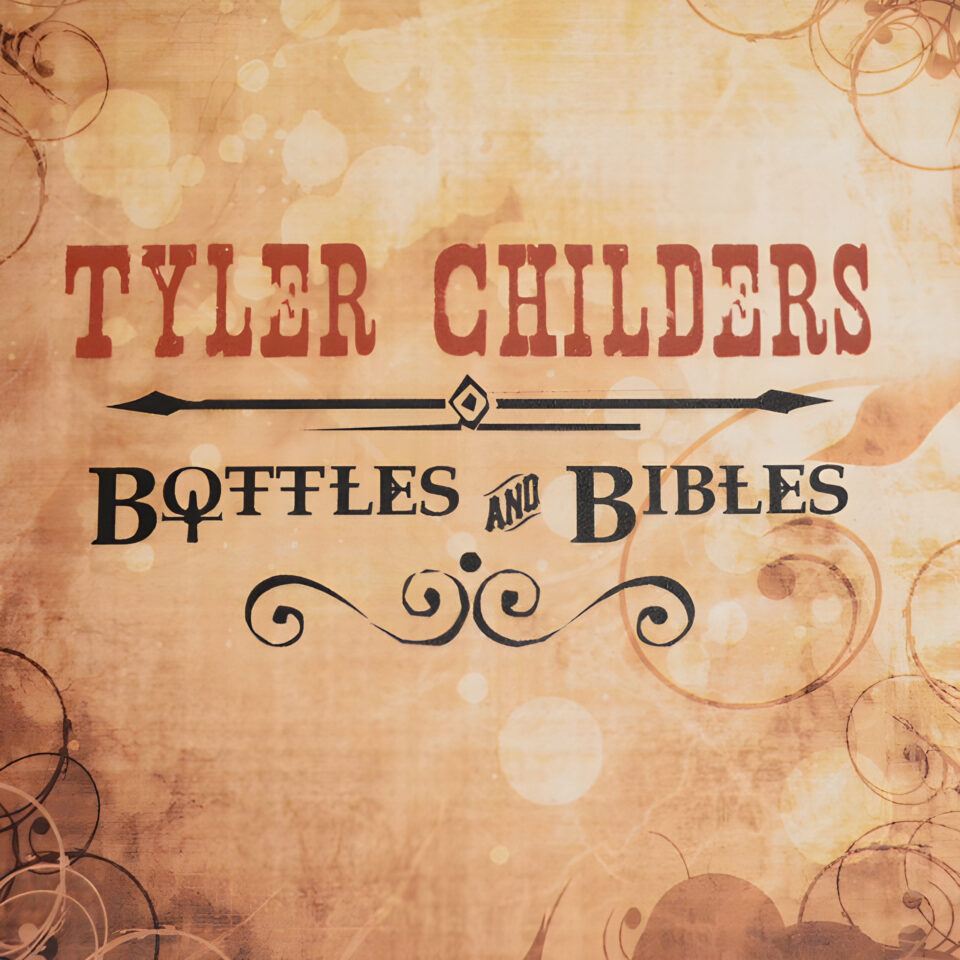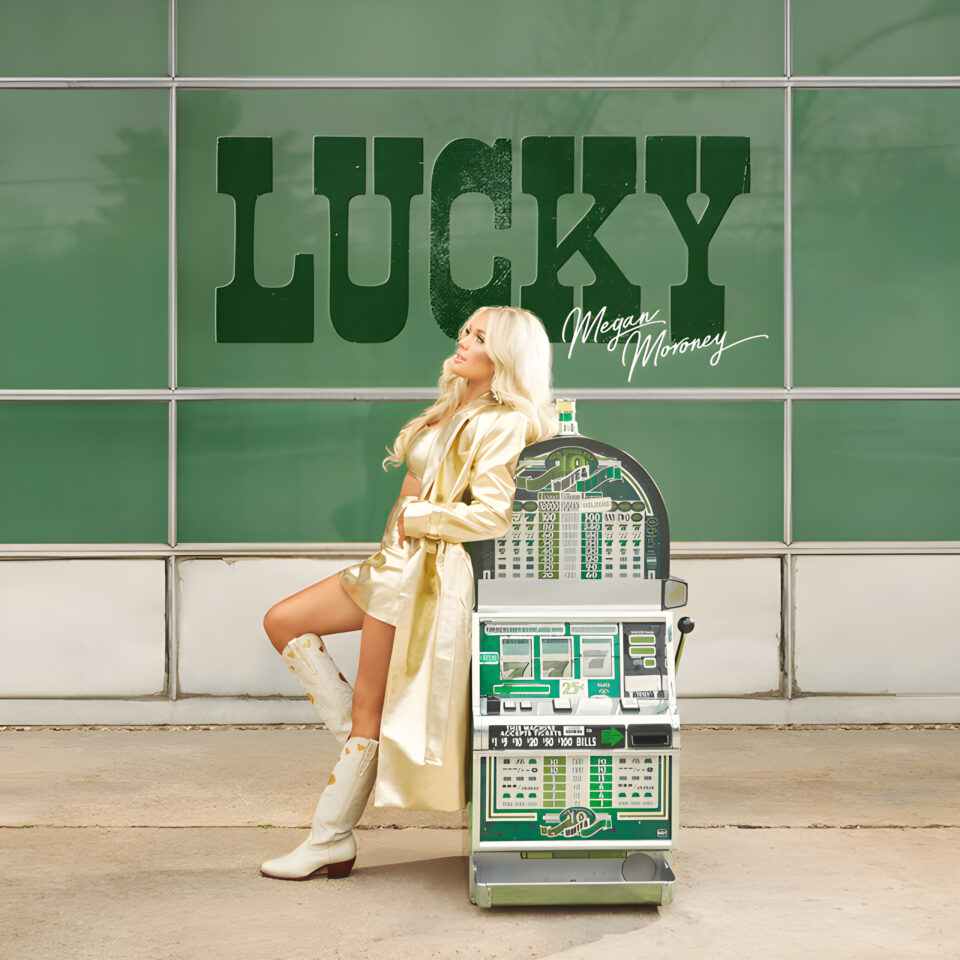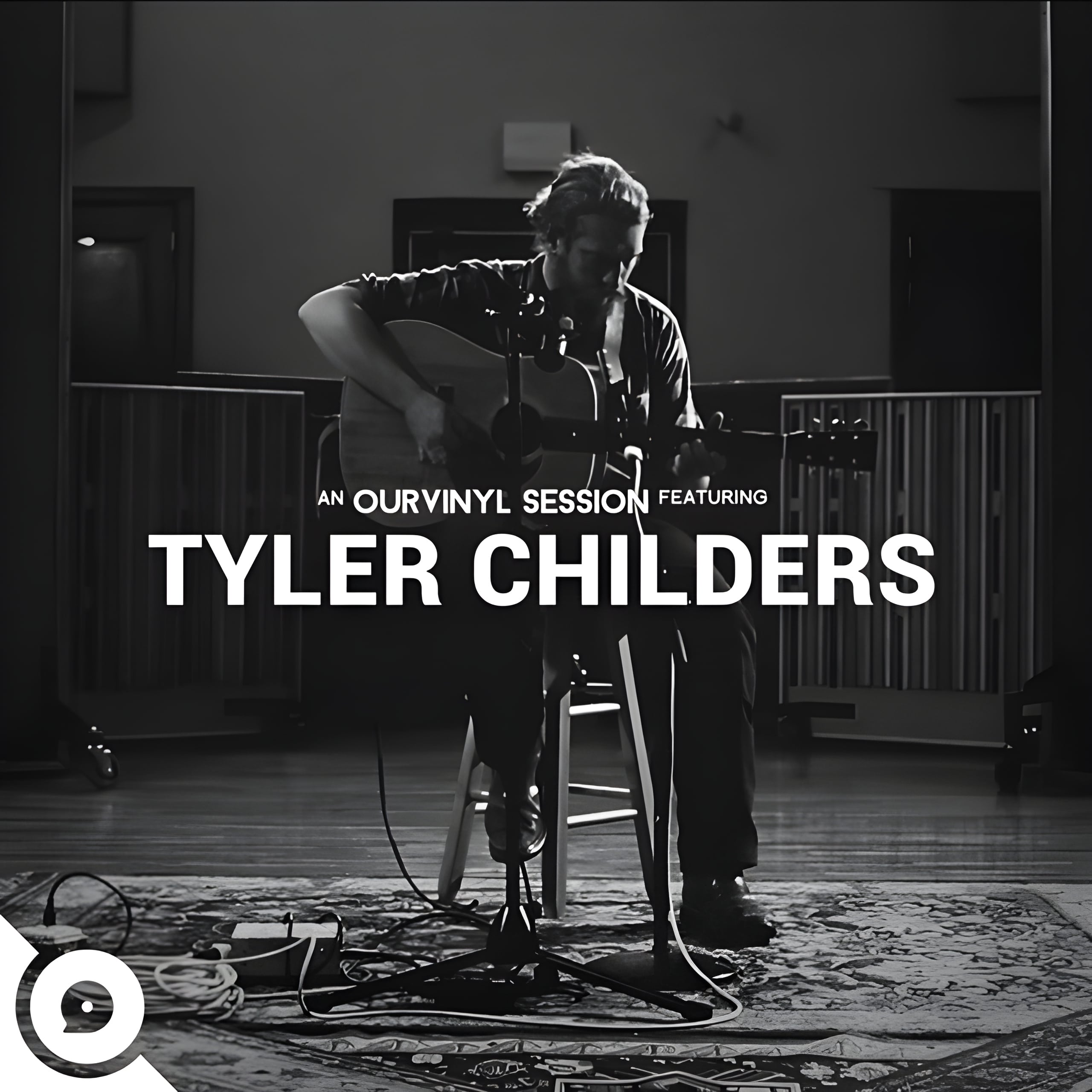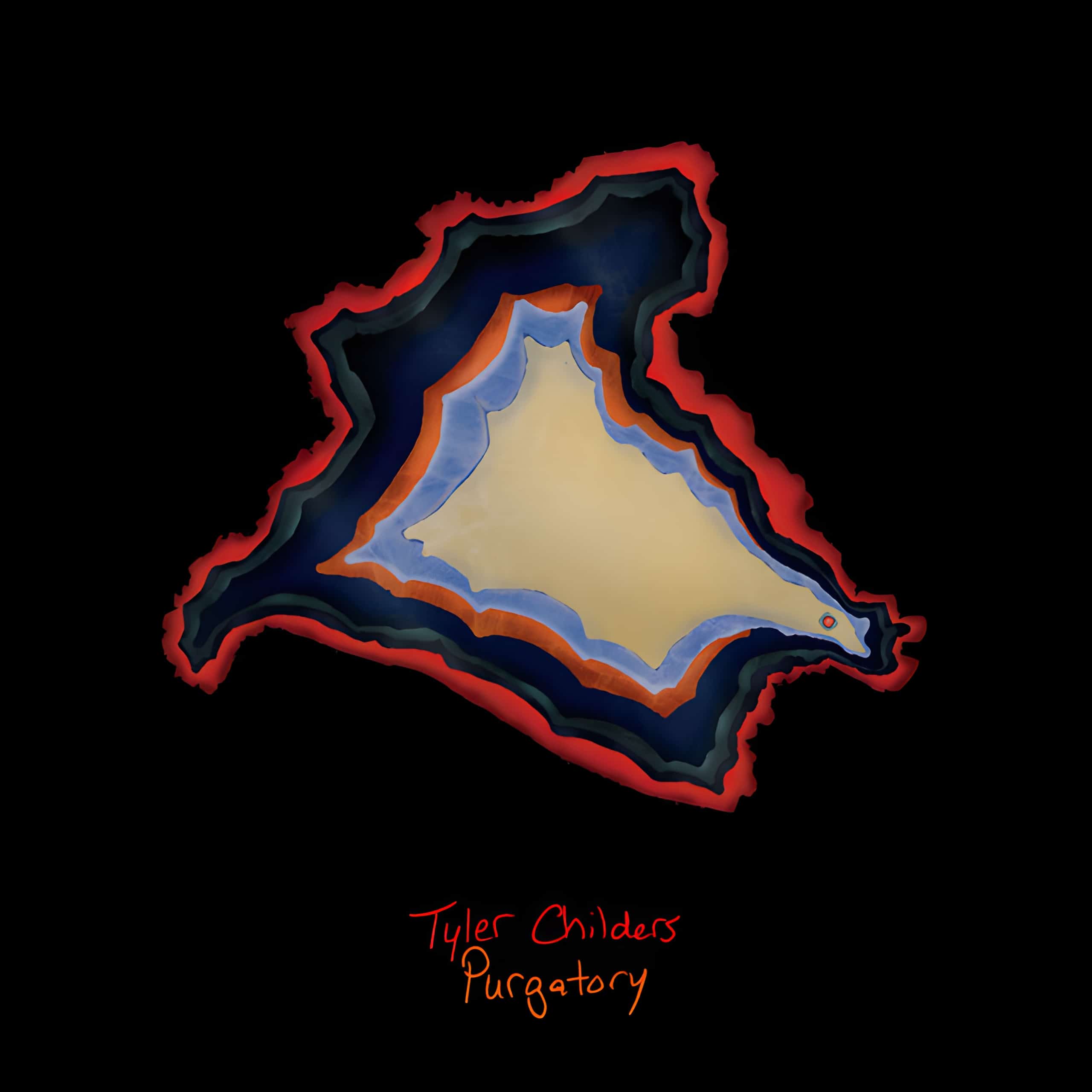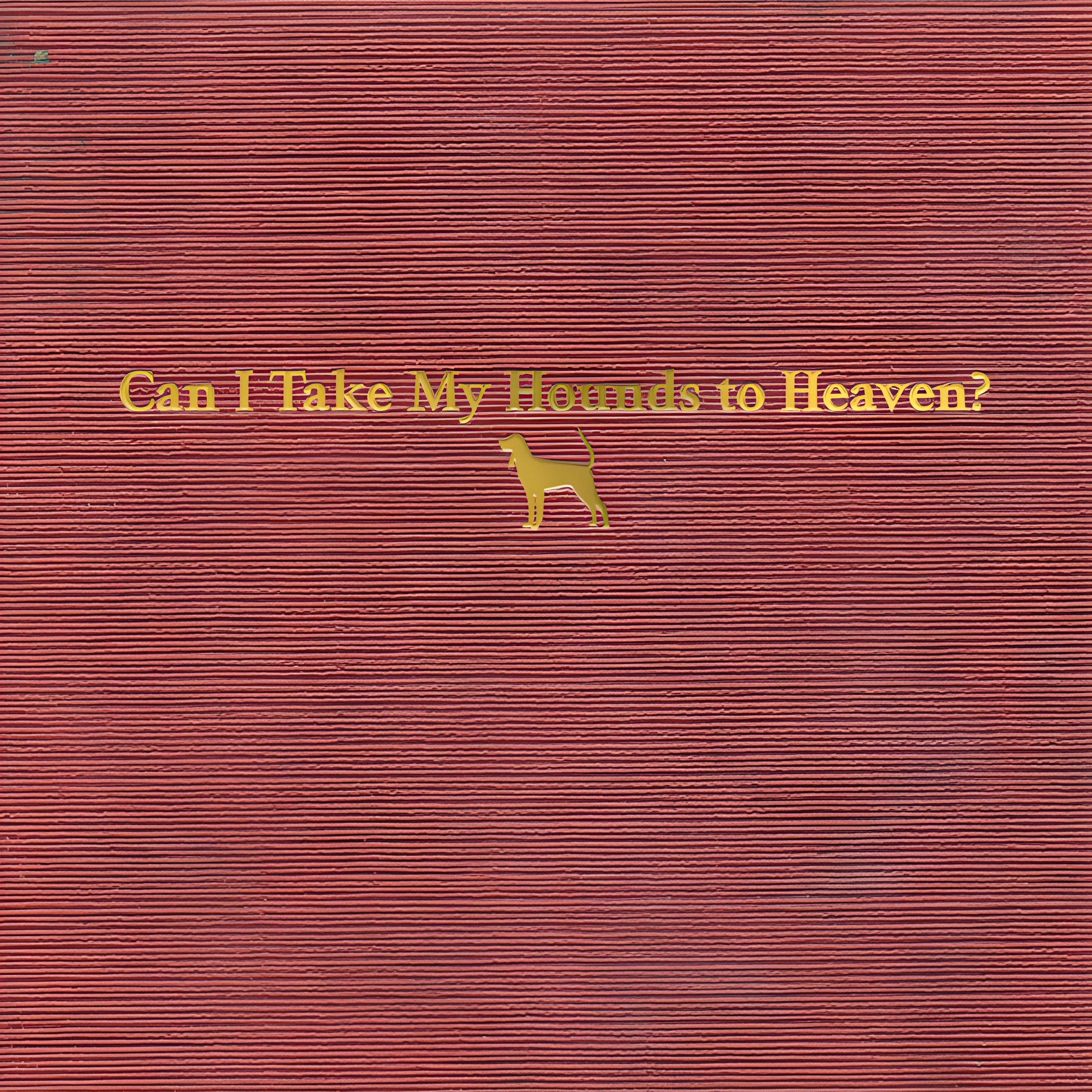Released: 2011
Tyler Childers’ ‘Coal’ is a heart-wrenching tale of the struggles faced by coal miners in West Van Lear, a town in Kentucky. It’s a poignant commentary on the hardships of mining life, the desperation of poverty, and the unfulfilled dreams of those trapped in this grueling profession.
The opening lines paint a grim picture of the miners’ lives. They’re ‘digging ’til they get down there where it’s darker than your darkest fears.’ This ain’t just about the physical darkness of the mines, but the metaphorical darkness of their lives, filled with fear and uncertainty.
The woman in the kitchen, likely the miner’s wife, ‘keeps on cookin’, but she ain’t had meat in years.’ This line speaks volumes about their poverty. They’re surviving on bread and hope, and a ‘pool of a million tears.’
Childers then turns to religion, stating ‘When God spoke out, ‘Let there be light’, He put the first of us in the ground.’ Here, he’s suggesting that mining is a God-given duty, a fate they can’t escape. The reference to ‘the coming of the Lord Gabriel’s trumpet sounds’ implies the belief that their suffering will only end with the apocalypse.
The line ‘if you ain’t mining for the company, boy, there ain’t much in this town’ underscores the lack of opportunities outside of mining. It’s a stark reminder of the economic realities in such towns.
The chorus, ‘We coulda made something of ourselves out there, if we’d listened to the folks that knew, that coal is gonna bury you,’ is a lament of lost potential. It’s a bitter acknowledgment that the pursuit of coal has led to their downfall.
In the end, the miner cries out to the Lord in his ‘darkest hour,’ only to be told to ‘keep on a-mining, boy, ’cause that’s why you were born.’ This reflects the inescapable cycle of their lives, bound by the chains of their birthright.
Overall, ‘Coal’ is a powerful critique of the coal mining industry and its impact on the lives of the miners. It’s a sobering reminder of the human cost of our energy needs.
